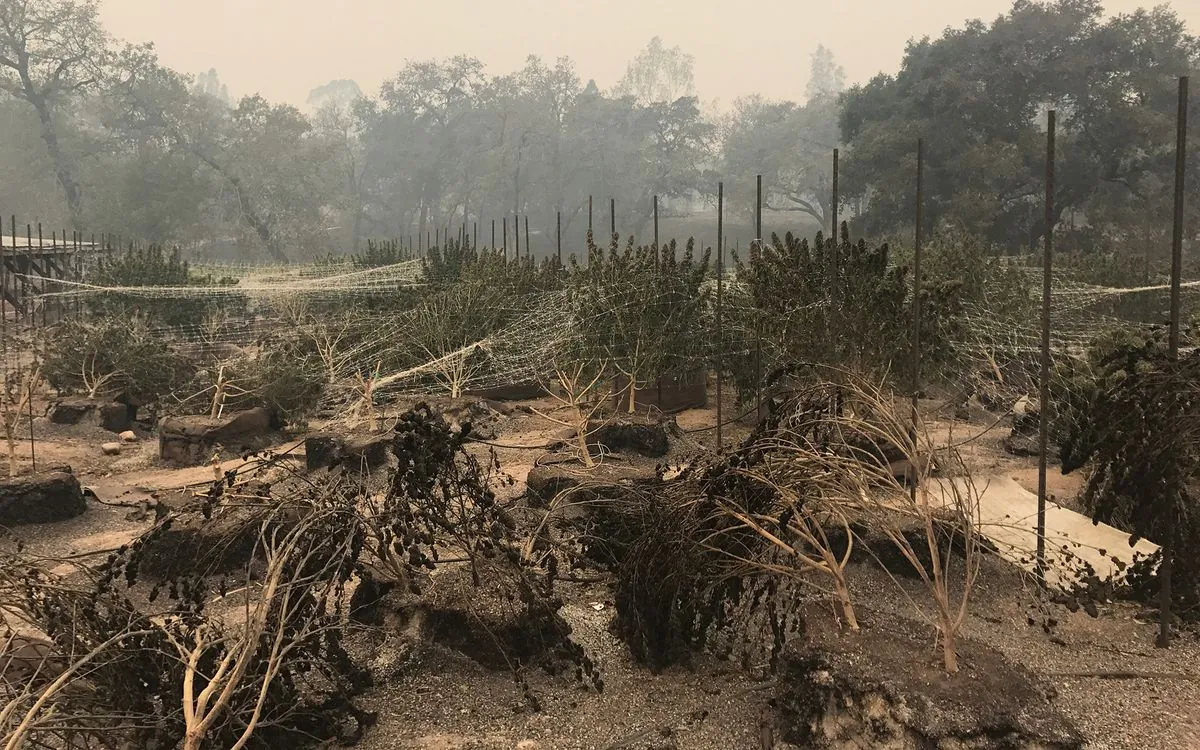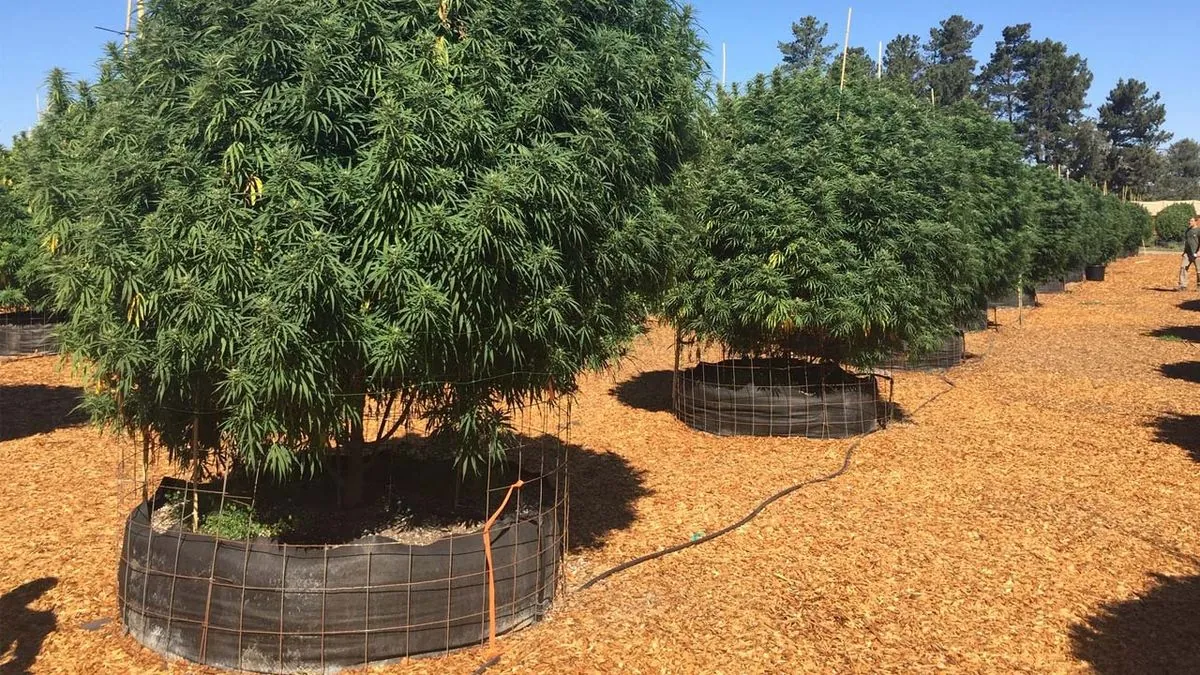California Cannabis Farmers Face Exodus Amid Wildfires and Market Pressures
Small-scale cannabis cultivators in California are abandoning their farms due to wildfire damage and falling prices. The industry faces challenges without federal support, as cannabis remains a controlled substance.

The cannabis industry in California is experiencing a significant shift as small-scale farmers face mounting challenges. Anthony Coniglio of NewLake Capital Partners highlights the unique predicament these cultivators find themselves in, unable to access federal disaster relief due to cannabis's classification as a controlled substance.
California's cannabis market, once the largest in the United States, has been grappling with oversupply issues since 2021. The COVID-19 pandemic initially sparked a surge in demand, with wholesale flower prices soaring above $2,000 per pound. However, the market has since cooled, with current prices hovering around $1,200 per pound. This price drop, coupled with the ongoing threat of wildfires, has deterred investment in outdoor cultivation.
Climate change is exacerbating the situation, driving up insurance costs for cannabis farmers who already have limited options for coverage. Morgan Paxhia, co-founder of Poseidon Investment Management, notes the increasing operational expenses:
"We've seen increased costs, such as electricity, water, and labor, which has not pushed through to crop pricing... pressuring margins and causing more farmers to exit."

The industry's struggles are reflected in the declining number of active business licenses. According to cannabis data firm CRB Monitor, there was a 20% year-over-year decrease in Q1 2024. This exodus is particularly noticeable in northern California's Lake County, once a popular growing region.
California's cannabis sales have also taken a hit. In 2023, the state sold $5.3 billion worth of cannabis products, down from nearly $6 billion in 2021. This decline has led to Colorado overtaking California as the top cannabis market in the first quarter of 2024.
George Archos, founder and CEO of Verano, summarizes the situation:
"Industry dynamics continue to pose significant challenges for legal cannabis operators in California. As a result, other state markets are seen as more attractive."
Despite these challenges, the cannabis industry continues to evolve. California was the first U.S. state to legalize medical cannabis in 1996, paving the way for a industry that now employs over 428,000 full-time workers nationwide. The global legal cannabis market is projected to reach $70.6 billion by 2028, highlighting the potential for growth despite current setbacks.
As the industry navigates these turbulent times, it's worth noting that cannabis has a rich history dating back over 5,000 years. Its versatility extends beyond recreational and medical use, with potential applications in creating biodegradable plastics and even environmental cleanup. The ongoing challenges in California may lead to further innovations and adaptations in this dynamic sector.


































